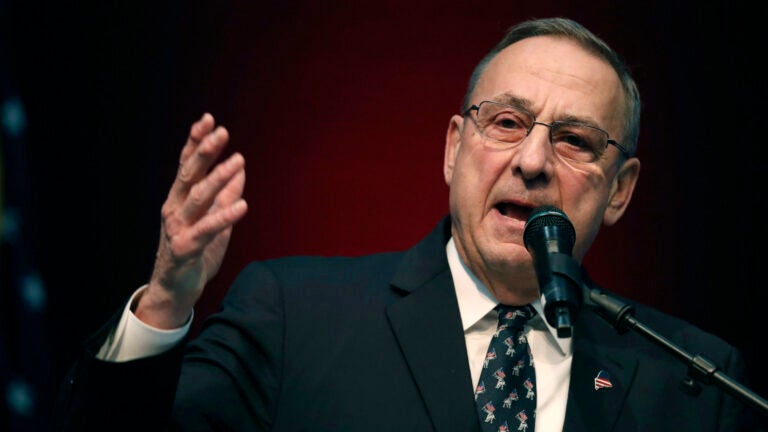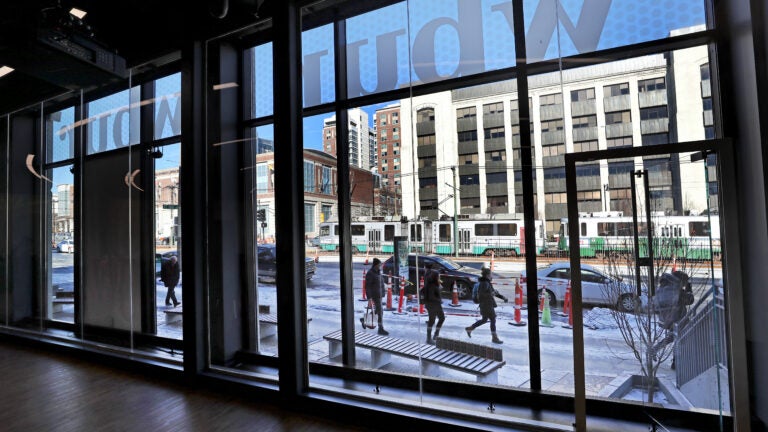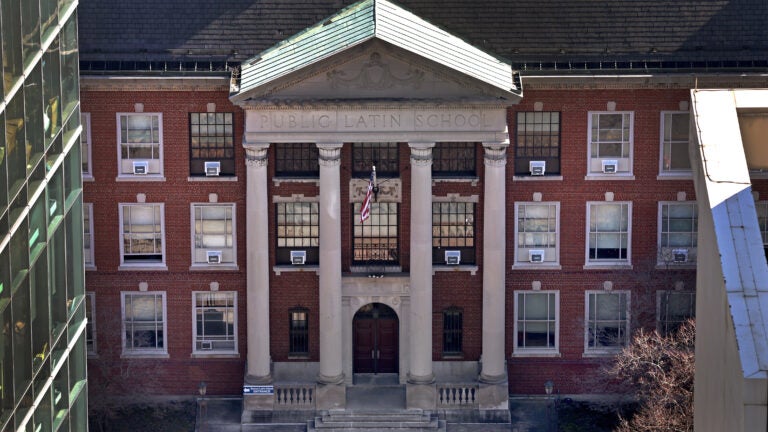Paul LePage says proposal to sideline Electoral College would silence ‘white people’
"It’s only going to be the minorities who would elect."

Paul LePage may be in Florida, but he’s still going on Maine talk radio to opine about local politics.
In an interview this week on WVOM, the former two-term Maine governor was asked about a bill that would have Maine join a national movement to circumvent the Electoral College.
Under the proposal, Maine would commit to award all their electoral votes to the winner of the national popular vote, in an effort to effectively undermine the centuries-old system, which critics say distorts the democratic process. So far, 13 states, including Massachusetts and the District of Columbia, have signed on to the so-called National Popular Vote Interstate Compact, and Colorado is posed to make it 12. Maine lawmakers are scheduled to hold a hearing on their bill to join the compact Friday.
The agreement only takes effect if the states in the compact total at least 270 electoral votes. With Colorado, they will collectively account for 181. LePage doesn’t want to see Maine’s four electoral votes help them get any closer.
“All the small states — like Maine, New Hampshire, Vermont, Wyoming, Montana, Rhode Island — you’ll never see a presidential candidate again,” said the 70-year-old Republican. “You’ll never see anybody at the national stage come to our state. We’re going to be forgotten people.”
National popular vote supporters note that many states are already ignored under the current system, as the presidential campaigns focus on a small minority of “battleground” states. More than half of the states in the country (26) received zero visits from Donald Trump or Hillary Clinton during the 2016 general election campaign — including Vermont, Wyoming, Montana, and Rhode Island.
Maine, which awards two of its four electoral votes based on congressional district-level results, did receive four visits from Trump between June and November 2016. But LePage indicated that his concern was broader than simply missing out on the campaign season.
“What would happen if they do what they say they’re gonna do, white people will not have anything to say,” he said. “It’s only going to be the minorities who would elect. It would be California, Texas, Florida.”
A host of the radio program interjected to note that minorities are the ones who feel they’re being disenfranchised under the current system, which gives disproportionate power to smaller, rural states. Those states also tend to be whiter and increasingly more Republican.
“It saddens me that we’re willing to take everything that we stand for and throw it away,” said LePage, who has a history of framing issues in racial terms.
Polling has shown that a majority of Americans have consistently supported abolishing the Electoral College in favor of a national popular vote, though the margin did narrow following the 2016 election. Democrats have won the national popular vote in six of the last seven presidential elections, however the Electoral College has twice resulted a Republican overcoming the popular-vote deficit to win.







